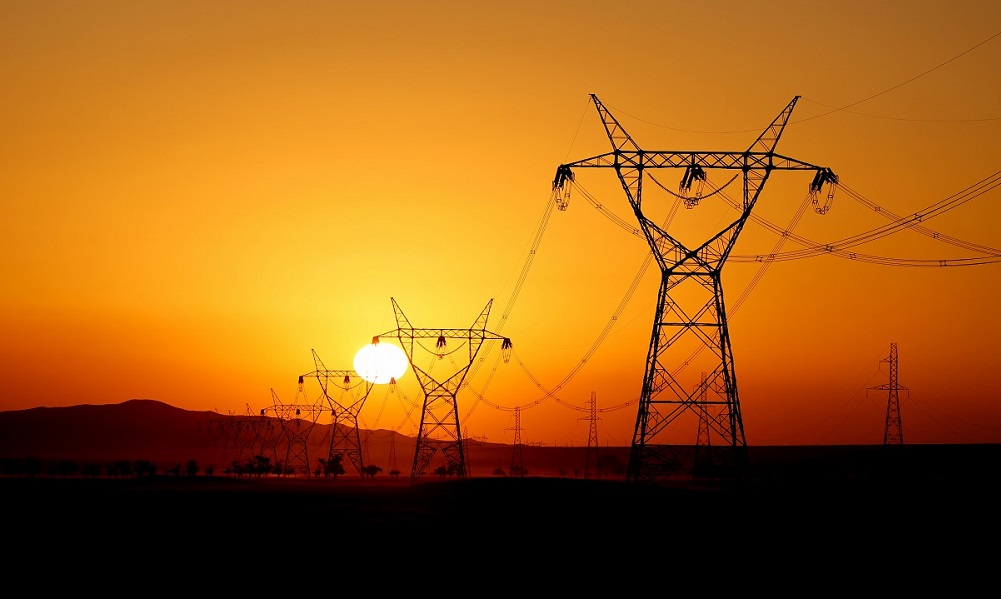Several residents of Kabul have complained about the increased power outages during the holy month of Ramadan.
They say that electricity is available during unnecessary hours, but when they actually need it, they experience blackouts.
Abdullah Qadir, a resident of Kabul, said: “Electricity is cut off from 4 AM to 5 PM, and there is no one to address our concerns.”
Saifullah, another Kabul resident, stated: “We have no electricity, neither during Iftar nor Suhoor. People are facing serious difficulties. Our request to the Islamic Emirate is to put an end to these power outages.”
Meanwhile, Da Afghanistan Breshna Sherkat (DABS), the national power company, says that its employees are making every effort to provide electricity to citizens.
Hikmatullah Maiwandi, spokesperson for Breshna, said: “It is winter, and the weather is cold, which increases electricity demand beyond supply. Additionally, recent rainfall has caused technical issues in some areas, and our teams are working to resolve them.”
On the other hand, the former head of Breshna expressed optimism that connecting the 500-kilovolt power line to the Arghandi power station in Kabul would solve the blackout issues in the capital.
Amanullah Ghalib, former head of Breshna, said: “The only complete solution to this problem is the 500-kilovolt power line.”
According to officials, several energy projects are currently underway across the country.
Afghanistan only generates 20% of its electricity from domestic sources, while the remaining energy is imported from Tajikistan, Uzbekistan, Turkmenistan, and Iran.

